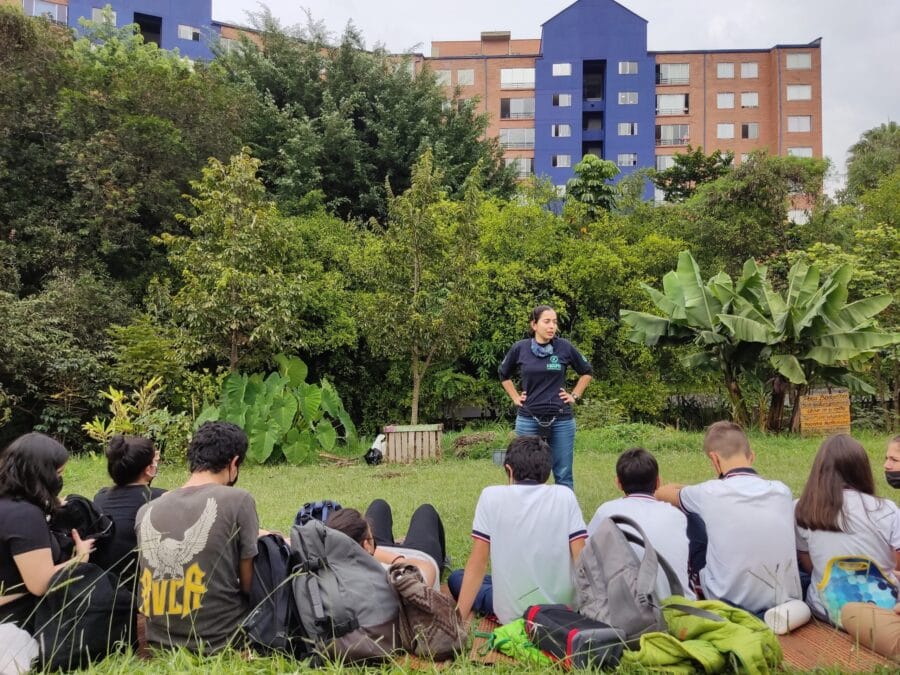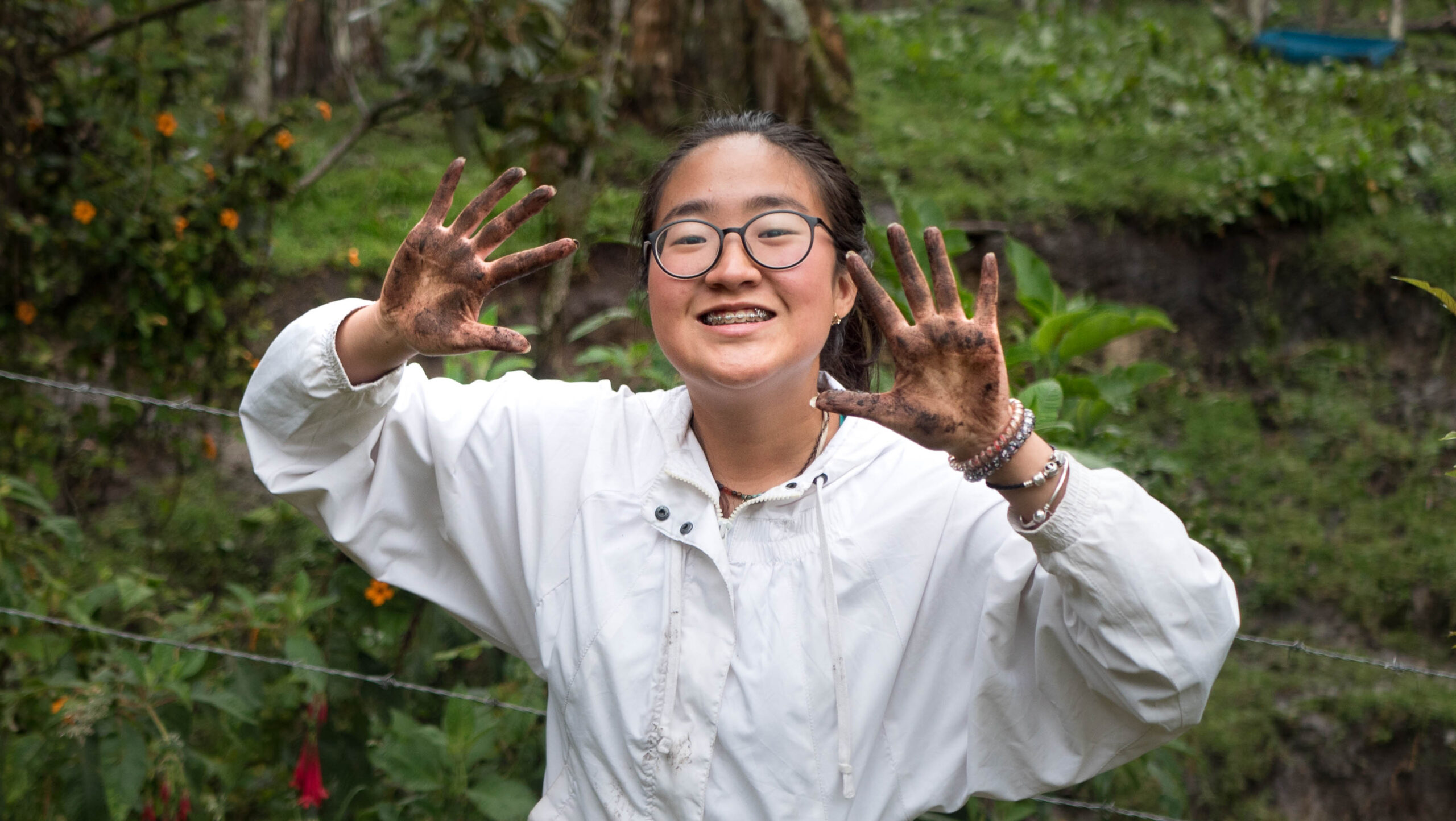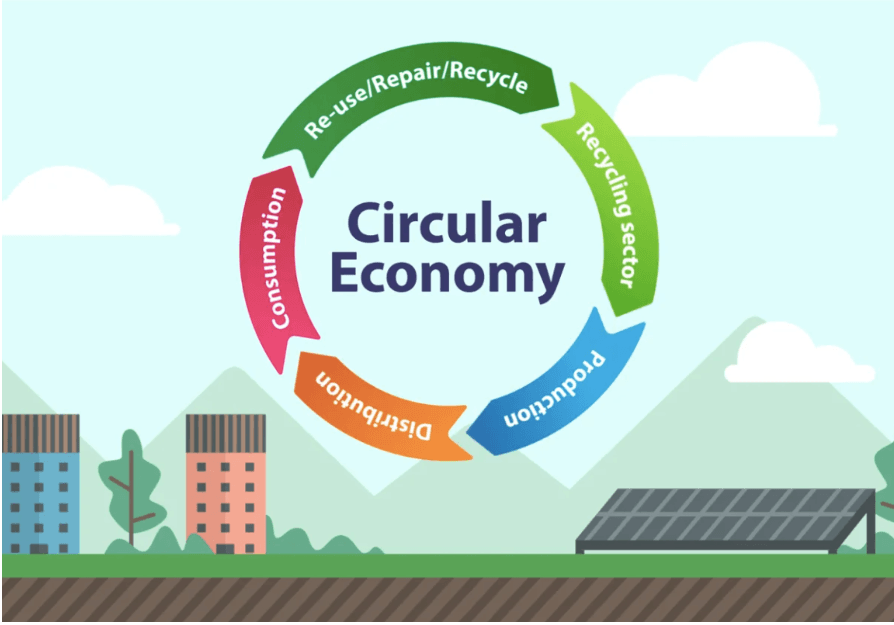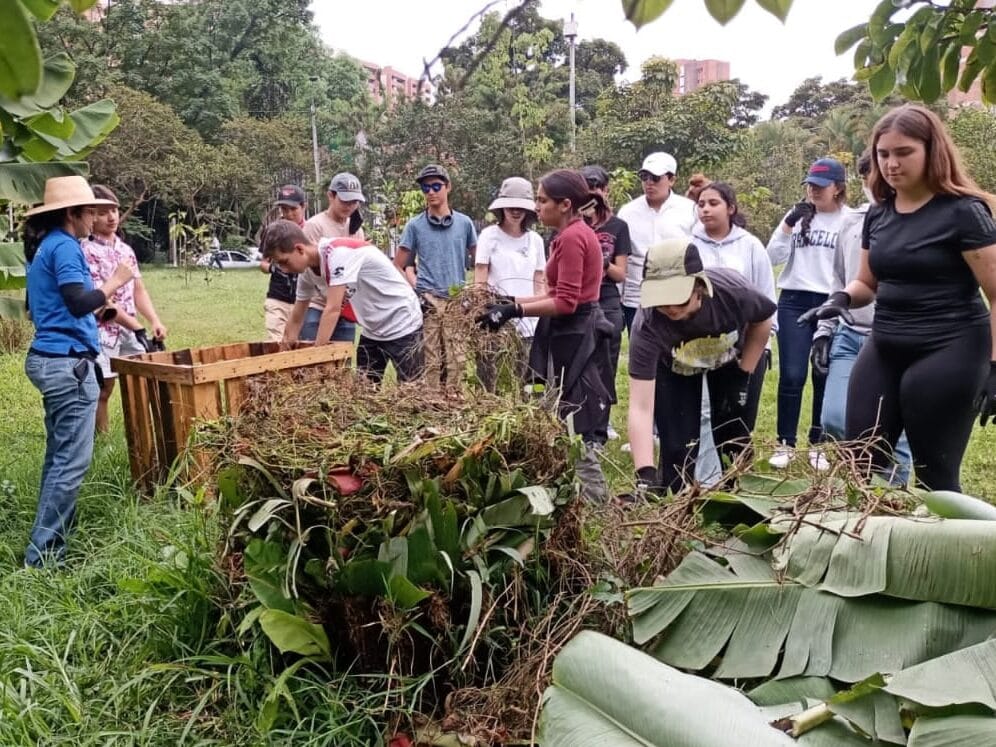Travel insights from Latin America
Service Trip for Students: Green Fingers and Urban Gardening in the Heart of Medellin

Author Bernie Coote | Posted on November 1, 2022
Service trips for students or young adults can sometimes be hard to find. Often the impact is temporary and many times the service opportunity is just show for participants to “feel like they are doing something.” On other occasions the project involves hard labor not fit for students or teens.
In Medellin, Colombia’s second biggest city, we shine a light on an urban gardening project that allows students to get their hands dirty and help turn a desolate plot of land into a flourishing garden for local residents.
In this blog, we will take a look at how Kagumu’s urban gardening service project can provide positive impacts on the local community and give students the tools and inspiration to create positive change in their own towns and cities.
Service learning trip with local context
With a metropolitan area of 380.64 km2 to fit almost 5 million people (2022), space is tight in Medellin and the city is continuing to grow upwards, both along the mountainsides and in high-rise buildings. Many residents live in apartments often with little or no access to green, outdoor space.
During the pandemic and a tight lockdown in 2020 that lasted for 5 months, this lack of access to outdoor and communal space was magnified, but at the same time overshadowed by the more pressing concern of food insecurity.
People hung red flags from windows with the hope of receiving food donations. Whole families lived packed into tiny spaces or, on the other end of the spectrum, completely alone.
Of course, the pandemic was an extraordinary situation, but it highlighted some key factors around the need for food security and the importance of outdoor communal space.
Service in the urban garden – green space for everyone
Laura Rubio, biologist, an expert in agroecology, reforestation, sustainability and passionate Medellin native (paisa) had been working on this way before the pandemic struck.
Five years ago, running out of space on her tiny balcony overflowing with plants, and with a large, unused public space near her apartment, Laura and her husband decided to plant an avocado and papaya tree in this derelict area. And what flourished was a community garden.
Regular visits from schools and volunteer and an impressive composting system which constantly turns organic kitchen waste into nutrient-filled organic fertilizers has created a productive garden full of delectable crops, including papaya, lemon, coffee, plantain, avocado and guanabana, in what was formerly a barren piece of land!
And the most impressive thing is that, as a community garden, these crops are free to anybody that wants them!

Something for students to think about…
Did you know that just a teaspoon of healthy soil contains between 100 million to 1 billion bacteria in it? Good bacteria are vital for plant growth, disease prevention and water filterage so the more bacteria the better for healthy plants and healthy crops!
The Circular Economy in action!
Laura’s community garden teaches students about how to claim disused outdoor areas in their community. Working the land, students discover the importance of green spaces in fostering pride in a community. And, thanks to Kagumu’s work with organic farms outside of the city, students can witness the workings of farm-to-fork and how a circular economy works.
The circular economy is being applied in all walks of life, from upcycling clothes to turning old bread into beer and many examples in between! But here students look directly at the circular food cycle from local farms and the Urban Garden.
Connecting the urban garden with rural farms is the perfect way to show how the circular economy works effectively and leaves no waste! From the planting and production of organic crops through to the cooking and consuming of food – leaving nothing behind but healthy diets and healthy soils!

Genuine service opportunity for students
Visiting this urban garden gives a great contrast to farms in the rural areas of Medellin, Students see what can be done in a desolate space in the centre of a bustling city and they receive expert tips to create their own green spaces back home.
After Laura takes students on a tour and explains the multitude of benefits of building a community garden – everything from mental health and meditation to understanding ecosystems and taking individual action – Kagumu participants will be set to work!
As it is run on a voluntary basis, there is always plenty to do: cleaning up, making signs, planting, picking and managing the composting. Medellin produces close to 700,000 tonnes of waste every year of which 40% is biodegradable. But the majority of this ends up in landfill, putrefying and releasing harmful gases into the air.
So, whilst maybe not the most glamorous element of a community garden, it’s success relies heavily on having a high-functioning composting system and it’s a great opportunity to put the circular economy into action with food waste from the rest of our trip!
Within this small plot of land, there is so much to learn! It is a great example of community and individual action, positive transformation, environmental preservation and minimizing our impact. And on top of all of that, it isn’t rocket science – any one of us could do something similar within our own community!

“A wonderful workshop”
To date, Kagumu has connected over 200 students from many different countries to our urban gardening partners in Medellin. And we run our experiences in person, during immersive trips and online experiences. Caroline S Conzelman, the Global Studies Academic Program Director joined in 2021 and said:
“This was a wonderful workshop, and so inspiring for the class. I appreciate all the time Kagumu spent coordinating this, and Laura’s expertise and excellent presentation. She is amazing.”
Click here to discover more about Kagumu’s service learning trips in Latin America.
